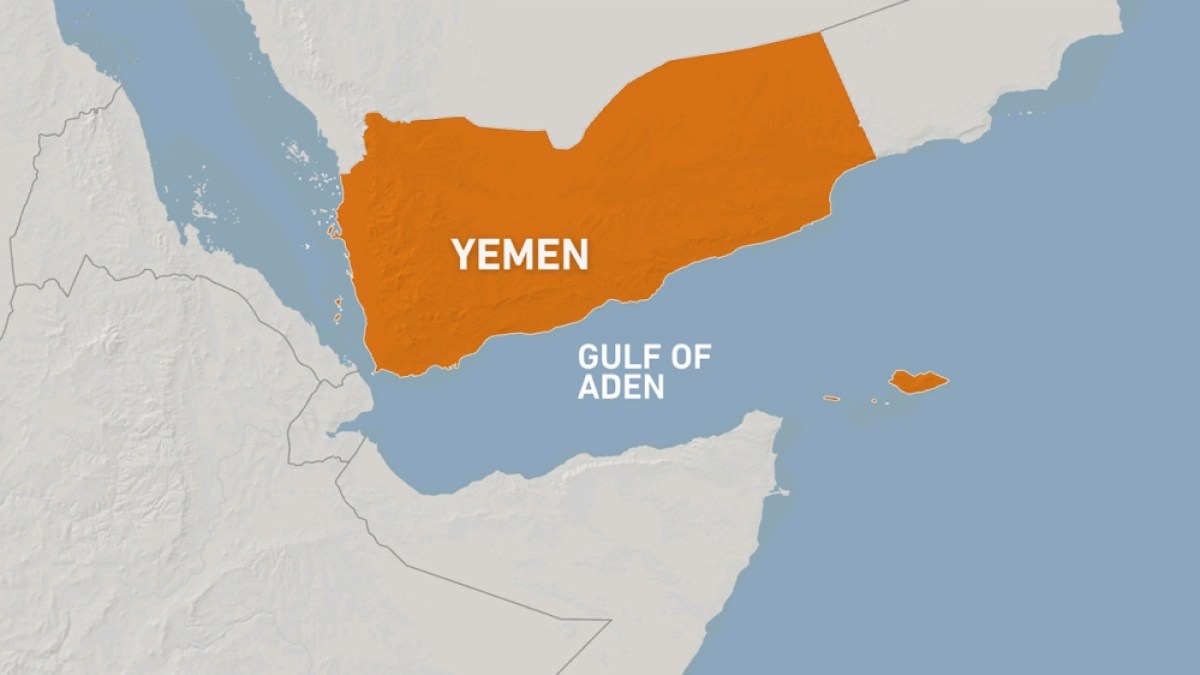On May 2, the International Court of Justice (ICJ) concluded public hearings into what Israel’s obligations are regarding allowing United Nations agencies and other relief groups to work in the Palestinian territory it occupies.
A panel of judges has heard oral arguments from 40 countries since Monday, including China, France, Indonesia, Pakistan, Russia and the United Kingdom.
The court will likely deliberate for months before making a ruling, requested of it in December by the UN General Assembly.
Many of the participating states rebuked Israel for acutely restricting humanitarian aid into Gaza since launching a genocidal war on the enclave on October 7, 2023.
Israel has cut off all aid – food or medicine – entirely for the last two months, accelerating the starvation and medical crises.
Here are the key takeaways from the hearings:
Starvation threatens the Palestinians as a people
There was broad consensus that Israel, as an occupying power, would be obliged to allow aid organisations to deliver assistance to the people it occupies, particularly in Gaza, which Israel is also bombing.
Israel has weakened human rights norms through its violations in Gaza, Juliette McIntyre, a legal scholar at the University of South Australia, argued.
She pointed out that nearly all the states speaking at the hearings affirmed that the ability of Palestinians to receive humanitarian relief is necessary for their survival, to guard their right to eventual self-determination and safeguard the entire UN system and the treaties underpinning it.
Put bluntly, she said most states agree that Israel should not be allowed to starve civilians it occupies nor impede the relief work of UN agencies.
“Every state, except for two, agrees that Israel is an occupier and it owes certain obligations,” she told Al Jazeera.
 Palestinians, mostly children, wait in long lines with empty pots in their hands to get food aid distributed by charity organisations in northern Gaza City on May 1, 2025 [Karam Hassan/Anadolu Agency]
Palestinians, mostly children, wait in long lines with empty pots in their hands to get food aid distributed by charity organisations in northern Gaza City on May 1, 2025 [Karam Hassan/Anadolu Agency]What did Israel say?
Israel submitted written statements which called the hearings a “circus” and accused the court of anti-Semitism.
On top of that, it claimed that it has no obligation to work with what it described as compromised UN organs or aid groups and that its sovereign right to “defend itself” takes priority over its responsibility to deliver aid to the people it occupies.
This is not the first time Israel has refused to attend ICJ sessions leading to an advisory opinion.
The US statement
The US defended Israel, said Heidi Matthews, assistant professor of law at York University, Canada.
She added that the US tried to deny the severity of the situation and shield Israel from accountability by deliberately not speaking about the facts on the ground.
According to Matthews, while the US mainly said the ICJ should advise Israel to uphold its legal obligations under international law, it did not provide details of Israel’s conduct or call for Israel to take concrete steps to mitigate the humanitarian crisis it created.
“This kind of highly formalist and factually empty approach to law is characteristic of one form of fascist engagement with legal argument,” Matthews told Al Jazeera.
The US also tried to “spook” the court by bringing up Israel’s unsupported allegations that the UN relief agency for Palestinians (UNRWA) had been infiltrated by Hamas, said Adel Haque, a legal scholar at Rutgers University.
In October 2024, Israel banned UNRWA, which aids the Palestinians made refugees by the Zionist ethnic cleansing that made way for the declaration of Israel as a state in 1948.
The US is betting that the court can be swayed, Haque said, and so it is trying to encourage a more “general” advisory opinion.
“Basically, if the advisory opinion is made at such a high level of generality, then it wouldn’t say anything about Israel’s conduct at all,” he told Al Jazeera.
More than two million Palestinians in Gaza are starving as they face genocidal levels of violence at Israel’s hands.
ICJ cases as a substitute for action?
While ICJ advisory opinions reaffirm international laws and norms, its non-binding opinions cannot change facts on the ground, and some countries may be seeking ICJ opinions rather than take concrete, coordinated action against Israel, said Haque.
“Many [European states] have come before the ICJ in these hearings to say Israel is not fulfilling its obligations. But the question, now, is what are these states going to do about it?” he told Al Jazeera.
 A Palestinian reacts as people gather to receive food cooked by a charity kitchen, in Khan Younis, southern Gaza Strip, April 29, 2025 [Hatem Khaled/Reuters]
A Palestinian reacts as people gather to receive food cooked by a charity kitchen, in Khan Younis, southern Gaza Strip, April 29, 2025 [Hatem Khaled/Reuters]He noted the UK had used the recent hearings to denounce Israel’s obstruction of aid and to speak about its decision to halt arms sales to Israel, not enough of an action, he added.
France also spoke about the need for Israel to quickly facilitate aid into Gaza.
But the statements appear to be attempts to substitute for Europe’s collective failure to take urgent action against Israel for its conduct in Gaza, said Haque.
“The onus is on states to decide what they are going to do about [Israel’s actions] and not to wait for the court to rule on what they already know,” Haque added.
When and how will the ICJ rule?
The ICJ is not expected to issue an advisory opinion for months.
The non-binding advisory opinion will likely not compel Israel or member states to change course, according to legal scholars.
Israel has ignored an earlier binding provisional measures by the ICJ ordering it to scale up humanitarian aid and end acts of genocide in Gaza as a result of a genocide case brought against Israel by South Africa in December 2023.
No state has taken any action against Israel for failing to implement the provisional measures.
McIntyre believes the court will eventually issue a narrow ruling that outlines Israel’s responsibilities to facilitate aid and cooperate with UNRWA.
By the time the court issues its opinion, tens of thousands of Palestinians may have already starved to death, or been ethnically cleansed by Israel.
“The advisory opinion won’t solve the problem on the ground and genuine action [by states] needs to be taken,” warned McIntyre.

 3 months ago
119
3 months ago
119

















































